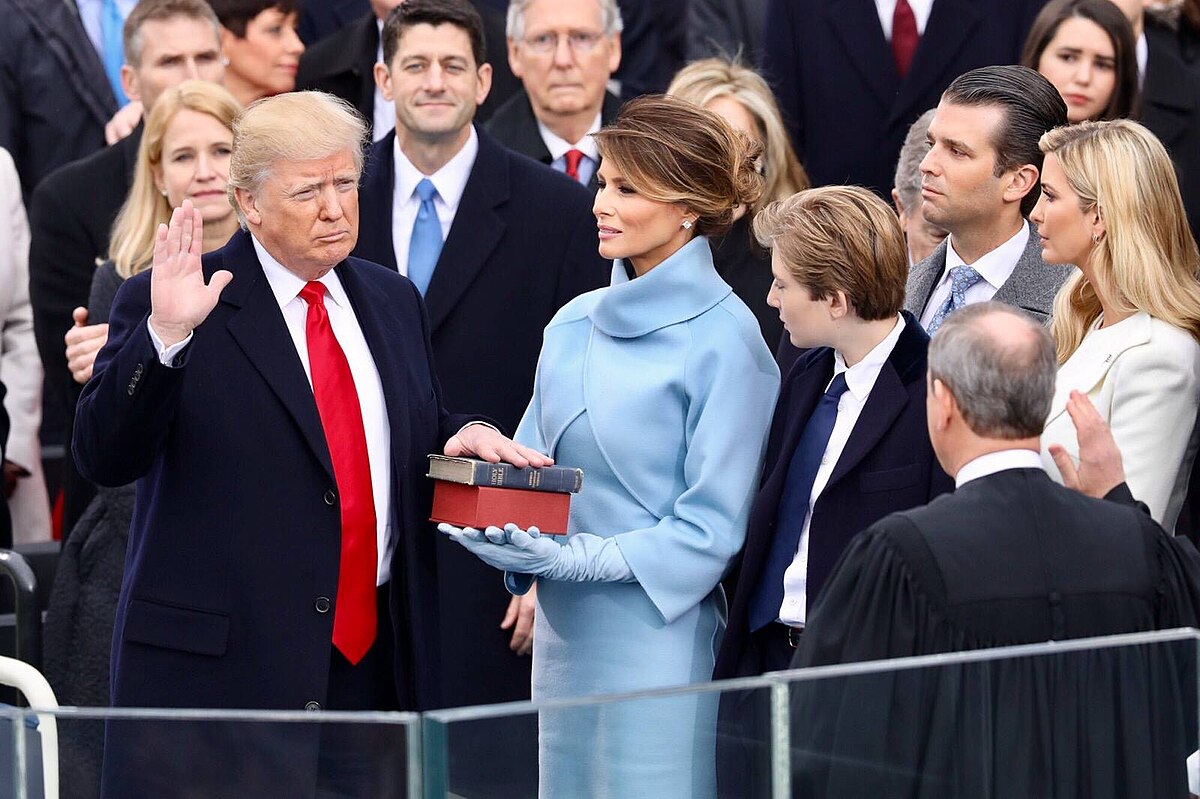
A Historic Moment: The 2025 Inauguration of Donald Trump and the Legacy of U.S. Presidential Transitions

Presidential inaugurations in the United States are rich with tradition, steeped in symbolism, and often seen as a moment for the peaceful transfer of power, regardless of the election's contentious nature. Biden, for his part, has confirmed that he will attend the event, upholding the tradition of honoring the democratic process, even if it is a direct shift from the behavior he experienced in 2021 when Trump refused to attend his inauguration. This peaceful passing of the baton has been a hallmark of American democracy, even in its most turbulent moments.
Inaugurations have historically symbolized unity, regardless of the personal and political divisions that may exist between the incoming and outgoing leaders. The first inauguration in U.S. history, that of George Washington in 1789, set the precedent for future transitions. Since then, every presidential ceremony has been a moment of reflection on the strength and resilience of the democratic process, regardless of the challenges faced by the nation. However, the peaceful nature of these transitions has not always been without controversy. For instance, in 1861, despite the country being on the brink of civil war, Abraham Lincoln's first inauguration symbolized the union's endurance.
Throughout history, the ceremony has been both a formality and a deeply significant moment for the country. The 20th century, marked by figures like Franklin D. Roosevelt, who was inaugurated four times, saw ceremonies that were influenced by the Great Depression and World War II. The social and political climate often shaped the tone of the events, making each one distinct in its cultural and historical significance.
The most recent change in tradition occurred in 2021, when Trump made history by refusing to attend Biden’s inauguration. This broke with over two centuries of tradition, where outgoing presidents attended their successor’s swearing-in ceremony as a demonstration of respect for the democratic process. Instead, Trump chose to depart the White House in a dramatic show of defiance, leaving Biden with the task of navigating an inauguration amid unprecedented political division.
Now, in 2025, with Trump returning to the White House after a heated contest, the American people and the world will witness an inaugural ceremony that carries both a sense of renewal and the weight of recent political history. Biden’s attendance at the event will symbolize, once again, the peaceful transfer of power, even amid sharp political divides.
This moment will be a testament to the resilience of the U.S. democratic system—showcasing that, despite the difficulties and challenges inherent in the political sphere, the nation’s commitment to a peaceful transfer of power endures. Whether one sees it as a moment of national reconciliation or simply a political formality, the 2025 inauguration will undoubtedly be a significant chapter in the ongoing story of American democracy.
Posté Le : 07/11/2024
Posté par : frankfurter